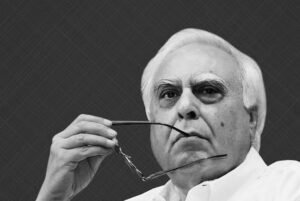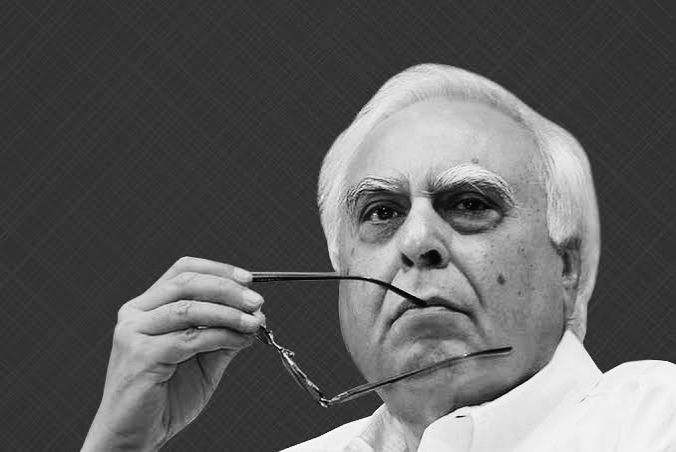New Delhi | TPO Bureau | Agencies
Veteran parliamentarian and senior advocate Kapil Sibal has launched a scathing attack on the Election Commission of India (EC), accusing it of acting as a “puppet” under the Modi government. Speaking in the backdrop of the Special Intensive Revision (SIR) of electoral rolls currently underway in Bihar, Sibal called the process “unconstitutional” and warned it could be used to disenfranchise marginalised communities.
In an interview with the Press Trust of India, the Rajya Sabha MP alleged that the poll body’s functioning had steadily deteriorated over the years. “Each election commissioner seems to outdo the previous one in aligning with the government,” Sibal said.
The SIR, being conducted in Bihar after more than two decades, is aimed at cleaning up the electoral rolls by removing duplicate or ineligible entries and including newly eligible voters. However, the former Union law minister questioned the Commission’s jurisdiction in the matter.
“The EC does not have the authority to decide questions of citizenship, especially at the level of block officers,” Sibal asserted. He further alleged that the exercise is politically motivated: “This process is designed to ensure majoritarian governments remain in power indefinitely by deleting names of the poor, adivasis, and marginalised voters.”
The comments come as the Supreme Court is hearing multiple petitions challenging the legality and execution of the voter revision drive. In a recent hearing, the Court allowed the exercise to continue but noted three key concerns: the legal basis of the EC’s powers, the methodology adopted, and the timeline ahead of the Bihar assembly elections scheduled for November 2025.
A two-judge bench comprising Justices Sudhanshu Dhulia and Joymalya Bagchi also directed the EC to consider Aadhaar cards, voter ID cards, and ration cards as valid documents during the process. However, the Court clarified that while these documents should be considered, the Commission retains discretion to accept or reject them with reasoned justification.
The EC, represented by senior advocates Rakesh Dwivedi, K K Venugopal, and Maninder Singh, has been asked to file its response within a week. Petitioners will be allowed to submit rejoinders subsequently, with the next hearing scheduled for July 28.
Sibal refrained from commenting directly on the interim order, citing his role as counsel in the matter. However, he underscored the broader implications of the revision drive. “This issue is perhaps more critical than any currently in public discourse, including foreign policy or economic concerns,” he said, while also pointing to anomalies in the voter data from Maharashtra as a parallel concern.
The former minister also accused the government of limiting meaningful parliamentary debate. “There’s never time for discussion on pressing issues — be it foreign affairs, terrorism, corruption, or the weakening of India’s federal structure,” he said.
As the Monsoon Session of Parliament approaches, Sibal’s remarks are likely to fuel further debate on the role and independence of the Election Commission — an institution long viewed as the bedrock of India’s electoral democracy.




